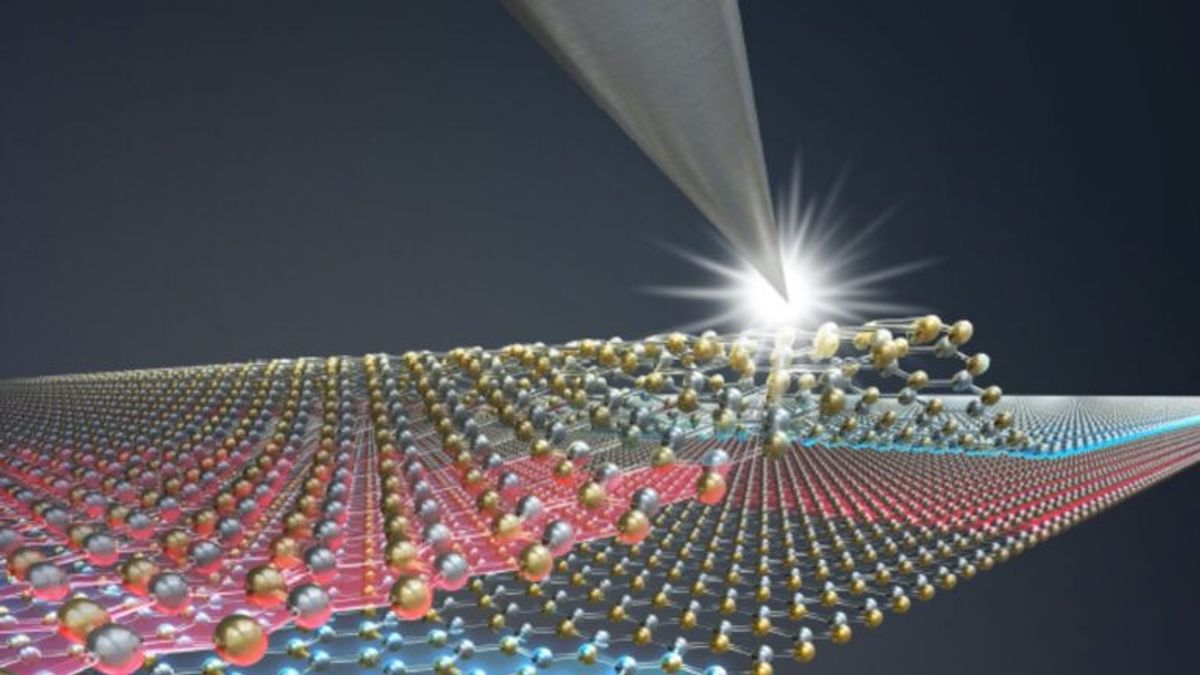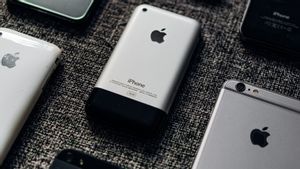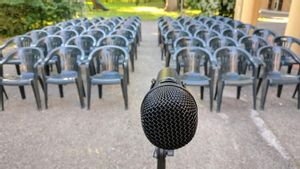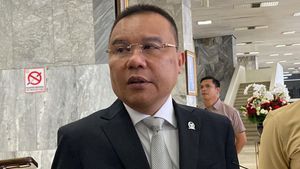
Jakarta – Tel Aviv University scientists published a paper in Science magazine on a revolutionary way to store electronic information on a very small scale. Exactly only 2 atoms thick.
By exploiting layers of a single atom of boron and nitrogen, some of the most stable and inert materials found in nature, and arranging them in a repeating hexagonal structure, the researchers created a stable computing system capable of improving the process of reading information far beyond current technology.
Moshe Ben Shalom is working on the project with other scientists from the Raymond and Beverly Sackler School of Physics & Astronomy at TAU. Shalom said the research stemmed from curiosity about the behavior of atoms and electrons in solid materials.
"We're trying to understand, predict, and even control the interesting properties of these particles as they condense into the ordered structures we call crystals. At the heart of a computer, for example, lies a tiny crystalline device designed to switch between two states indicating different responses – 'yes' or 'no', 'up' or 'down', etc.”, says Ben Shalom.
Without this dichotomy, it would be impossible to encode and process information. The practical challenge is to find a mechanism that allows switching between states in a small, fast, and inexpensive device.
Ben Shalom emphasizes that this revolutionary thin structure allows memories based on the quantum ability of electrons to jump quickly and efficiently through barriers that significantly increase the speed, density, and energy consumption of electronic devices.
"The concept of sliding interlayer as an original and efficient way to control advanced electronic devices is very promising, and we named it Slide-Tronics", he added.
SEE ALSO:
Maayan Wizner Stern, a PhD student who led the research, expressed hope that this breakthrough will improve existing electronic devices and enable other original ways to control information in future devices.
"In addition to computing devices, we hope this technology will contribute to detectors, energy storage, and conversion, interaction with light, etc.", said Stern. "Our challenge, as we see it, is to find more crystals with new and slick degrees of freedom".
The English, Chinese, Japanese, Arabic, and French versions are automatically generated by the AI. So there may still be inaccuracies in translating, please always see Indonesian as our main language. (system supported by DigitalSiber.id)














